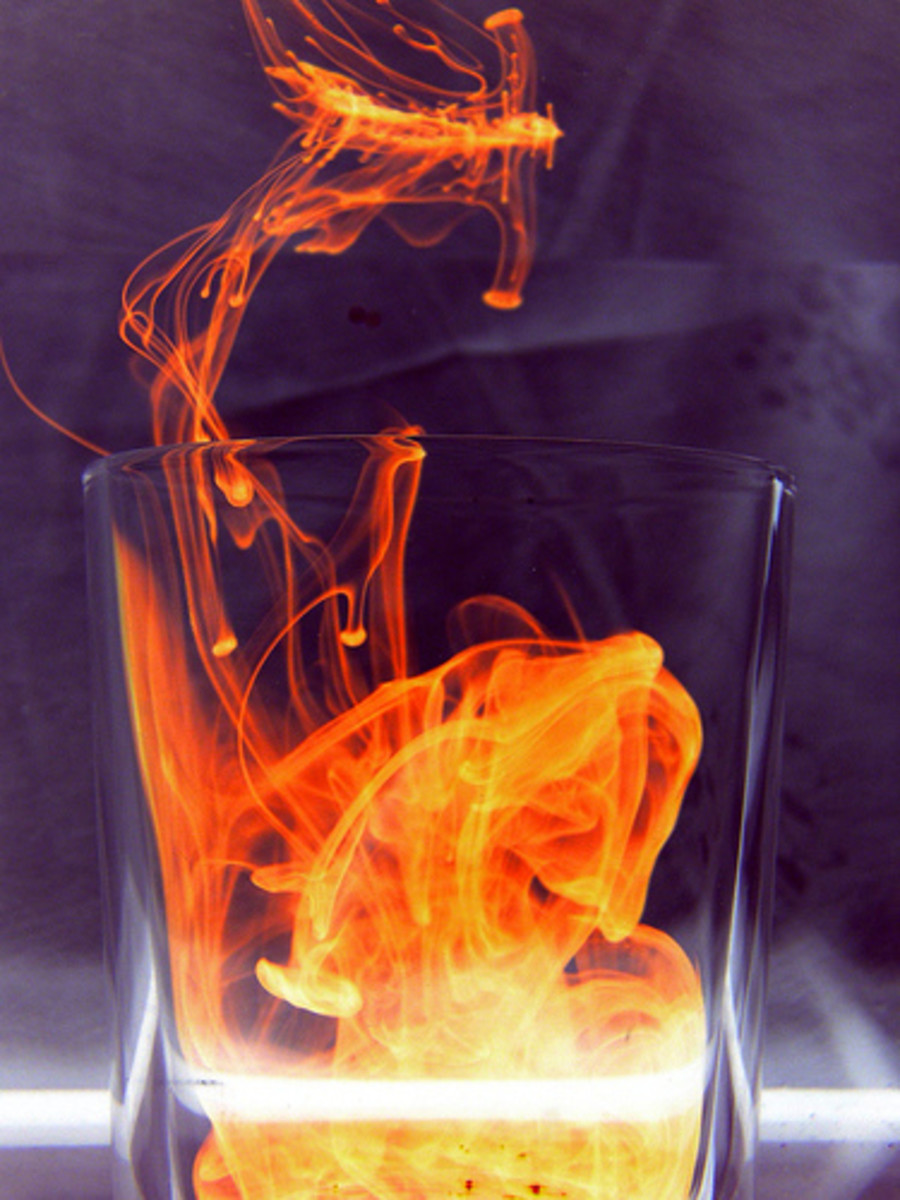Alcohol Addiction In College

As a sophomore in college, I can attest that college students, especially Freshmen, have serious alcohol binging addiction. Last August, in the first few weeks of classes, four freshmen have been extremely sick and had to be taken to a hospital. This resulted in a note on their transcript. Why would someone risk their career for a few beers and a shot of gin?
According to statistics, 30% of college students are affected by severe depression, and they seek alcohol as a means of escaping because they feel alone. Using alcohol as a way of escaping can be very dangerous, as “binge drinkers [are] significantly more likely to report [..]: hangovers,[..] missed classes, forgotten where they were or what they did, lagged behind in schoolwork,[..] been hurt or injured.” (Hingston, 2002)
Even though this study is 20 years old, it is still relevant today, as the same problems are happening today, even after 1984 when the National Minimum Drinking Age Act passed. Some people are saying this law is good because 21-year-olds are more mature than 18-year-olds. This can be debated. Anyone with a disregard for the law will find a way of drinking alcohol because it’s cool. If a person starts to drink alcohol to feel numb, it could end up killing them. “Users of drugs and heavy users of alcohol are much more likely than others to kill themselves.”(Case and Deaton 2020)
Most college student will tell their friends they are alcoholics, as an exaggeration, but the term alcoholic describes “a certain pattern of dysfunctional heavy drinking, with the specific criteria for what counts as alcoholism varying over time.” College students face difficulties because they are far from home and they are not socially skilled to interact with other students. As a Freshman myself in 2019, I realized it was harder to make friends in College because everyone has different interests and expectations for College. Some students will be hard worker, others will be party animals. Loners at university, are more likely to turn towards alcohol addiction than those who are in a group of friends.
Interview with a friend at University
Here is an interview I conducted with a friend of mine with his experience with alcohol in Freshman Year (His named has been changed for his privacy*)
Anastassia: “What do you think of alcohol? Are you careful when you go to parties?”
Rob*: “I feel like alcohol is not as bad as you make it. I started drinking with people that I trusted, so I learned my limits, and they (friends) always watched out for me, and I always took care of them too. To this day, I’ve never been so drunk that I couldn’t walk or any other dangerous degree. I don’t go to too many parties, and I’m careful at the ones I go to. It’s not too hard, you just have to know how much is too much, and have some restraint.”
Anastassia: “Can you tell me about the time you were caught drinking at university and how this impacted your life.”
Rob*: “Sure. A girl I was talking to at the time invited me over to her room with a few friends to hang out and drink. I didn’t want to go because I didn’t want to get busted, but I went anyway because I didn’t want to be a loser. For about a half-hour, everything was going pretty well. We all had two or three shots, but nobody was really drunk at all. An RA then knocked on the door since the music we were playing was too loud. When they came in, they then said that they smelled alcohol and that we could either turn it in over right then or have AUPD come in and search the whole room. One of the people gave the RA the bottle( even though I think they were guessing and didn’t smell anything), and it was poured out. They took a picture of my ID and then told me to wait for an email that would tell me when to come in to meet someone from the disciplinary office. [...] I ended up getting out with a citation on my transcript, which is basically a slap on the wrist. If a job I apply for or anything like that asks the school for a disciplinary record, what I did will be reflected on the record but I haven’t dealt with it yet. Nobody has asked.”
A: “Thank you for letting me interview you.”
Conclusion and Sources
When someone realizes they are suffering from an Alcohol addiction, it is hard to ask for help and get better because they will feel like a failure. One obstacle to face alcohol addiction is to go to detox. If you are a college student, prioritize your mental health over your grades. Your grades do not represent you.
Another way to face alcohol abuse is to find another way to feel happy: exercise, paint, or even see a therapist. Alcohol abuse is a serious problem all around the world and people need to realize that it should not be taboo just because the government makes it.
Citations:
“Alcohol Facts and Statistics.” National Institute on Alcohol Abuse and Alcoholism, U.S. Department of Health and Human Services, 18 Feb. 2020, www.niaaa.nih.gov/publications/brochures-and-fact-sheets/alcohol-facts-and-statistics.
“ Alcohol Abuse.” Deviance: Social Constructions and Blurred Boundaries, by Leon Anderson, University of California Press, 2017, pp. 1–33.
16, 1. “Suicide, Drugs, and Alcohol.” Deaths of Despair and the Future of Capitalism, by Anne Case and Angus Deaton, Princeton University Press, 2020.
Hingson, Ralph W, and Jonathan Howland. “Comprehensive Community Interventions to Promote Health: Implications for College-Age Drinking Problems.” Journal of Studies on Alcohol, Supplement, no. s14, 2002, pp. 226–240., doi:10.15288/jsas.2002.s14.226.
This content reflects the personal opinions of the author. It is accurate and true to the best of the author’s knowledge and should not be substituted for impartial fact or advice in legal, political, or personal matters.
© 2020 Anastassia de Bailliencourt








